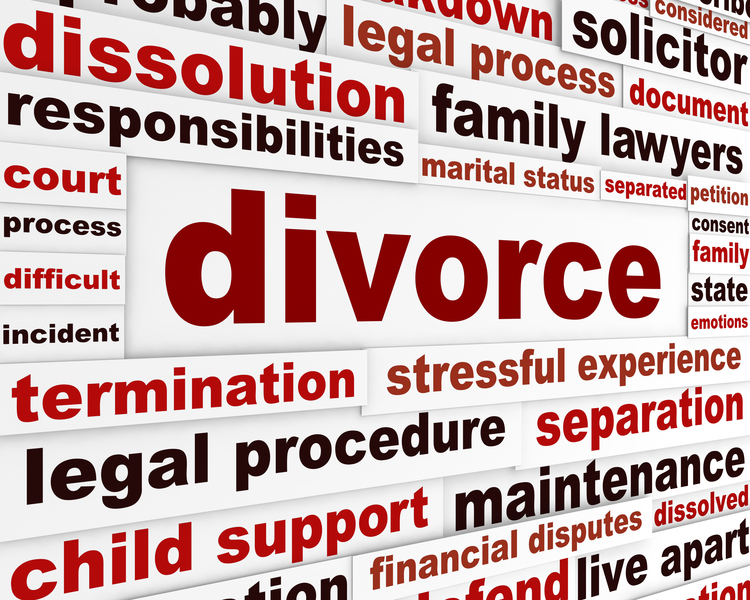How Long Do You Have to be Separated Before Divorce in Georgia?
How Long Do You Have to be Separated Before Divorce in Georgia? – Divorce can be a difficult and emotional process, but it’s important to understand the legal requirements for ending a marriage in Georgia. One of the most important factors to consider is how long you have to be separated before getting a divorce. In this article, we’ll discuss the specific requirements for separation and divorce in Atlanta Georgia, including how long you have to be separated, what counts as separation, and other important considerations.
How Long Do You Have to be Separated Before Divorce in Georgia?
In Georgia, the length of time you have to be separated before getting a divorce depends on several factors. Here’s what you need to know:
- Separation Requirements in Georgia:
To file for divorce in Georgia, you must meet the state’s separation requirements. Georgia law requires that couples be separated for a minimum of 30 days before filing for divorce. This means that you and your spouse must live separately and apart for at least 30 consecutive days before you can file for divorce.
- What Counts as Separation in Georgia?
Georgia law does not specify what “living separately and apart” means, but it generally requires that you and your spouse have separate living arrangements and do not engage in any marital relations during the separation period. This means that you should not share a bedroom, have sexual relations, or engage in other behaviors that suggest that you are still a married couple.
- Other Considerations:
While the 30-day separation requirement is the minimum time you must be separated before filing for divorce, it’s important to understand that the overall divorce process can take much longer. The length of time it takes to finalize a divorce in Georgia can vary depending on several factors, including:
- The complexity of your case
- Whether you have children or significant assets to divide
- Whether you and your spouse are able to agree on the terms of the divorce
It’s also important to note that if you reconcile with your spouse during the separation period, you will need to start the separation period over if you later decide to file for divorce.
FAQs:
Q: Can I file for divorce in Georgia if we haven’t been separated for 30 days? A: No, Georgia law requires that you be separated for a minimum of 30 days before filing for divorce.
Q: What counts as living separately and apart in Georgia? A: Georgia law does not specify what “living separately and apart” means, but it generally requires that you and your spouse have separate living arrangements and do not engage in any marital relations during the separation period.
Q: How long does it take to finalize a divorce in Georgia? A: The length of time it takes to finalize a divorce in Georgia can vary depending on several factors, including the complexity of your case, whether you have children or significant assets to divide, and whether you and your spouse are able to agree on the terms of the divorce.
Conclusion:
If you’re considering a divorce in Georgia, it’s important to understand the state’s requirements for separation. In general, you must be separated for a minimum of 30 days before filing for divorce. While this is the minimum requirement, it’s important to understand that the overall divorce process can take much longer depending on several factors. If you have questions or concerns about the divorce process in Georgia, it’s best to consult with an experienced Atlanta Divorce Attorney who can guide you through the process and help ensure that your rights are protected.



